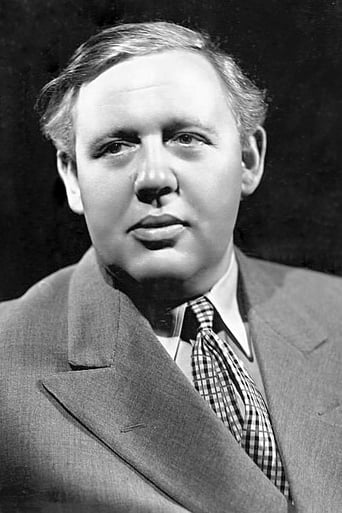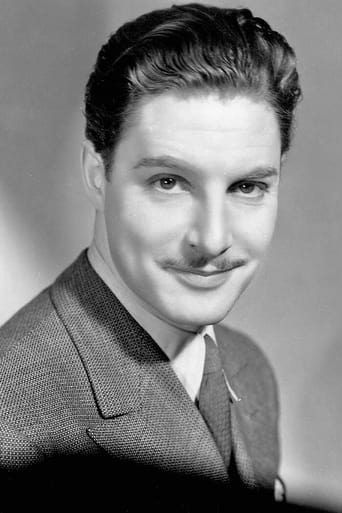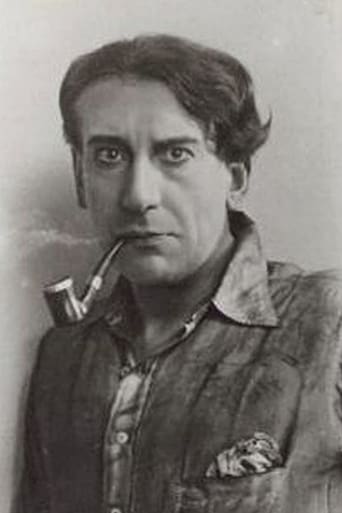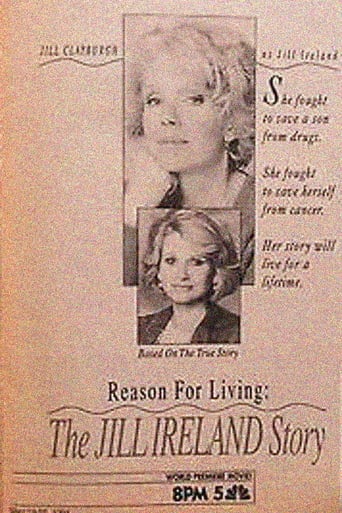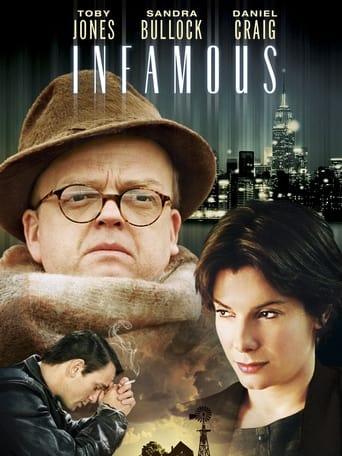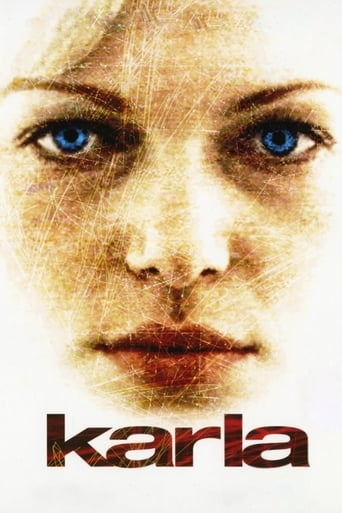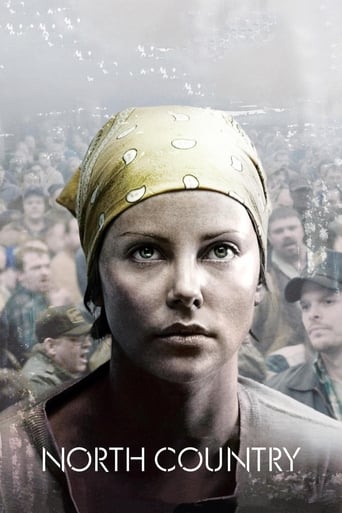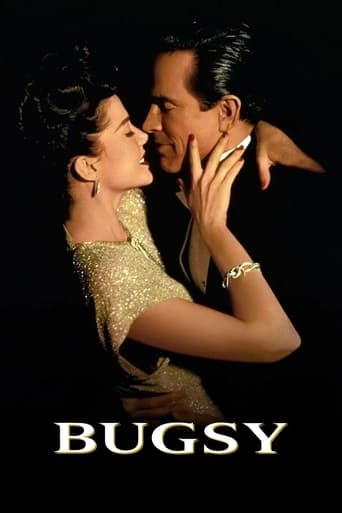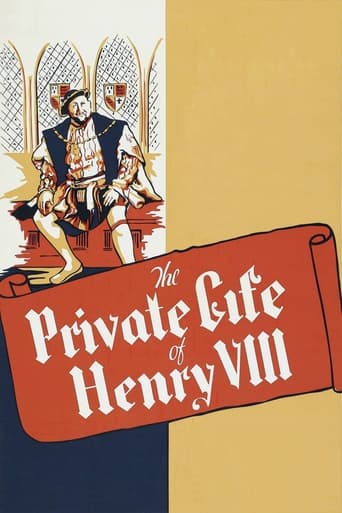
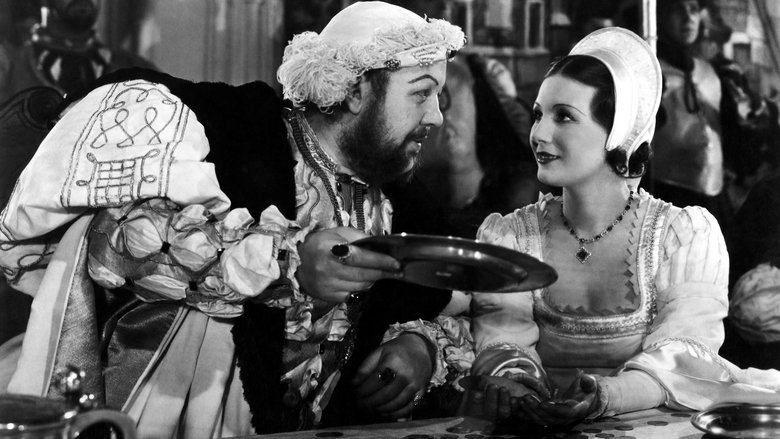
 Watch Now
Watch Now





The Private Life of Henry VIII (1933)
 Watch Now
Watch Now





Renowned for his excess, King Henry VIII goes through a series of wives during his rule. With Anne Boleyn, his second wife, executed on charges of treason, King Henry weds maid Jane Seymour, but that marriage also ends in tragedy. Not one to be single for long, the king picks German-born Anne of Cleves as his bride, but their union lasts only months before an annulment is granted, and King Henry continues his string of spouses.
Watch Trailer
Cast


Similar titles
Reviews
Very well executed
Surprisingly incoherent and boring
Like the great film, it's made with a great deal of visible affection both in front of and behind the camera.
It's simply great fun, a winsome film and an occasionally over-the-top luxury fantasy that never flags.
Rollicking historical bio-pic of the notorious love-life of Britain's most married monarch in this early talkie directed by the celebrated Alexander Korda and featuring a bravura performance by the young Charles Laughton.Of course, condensing six marriages into one 97 minute movie (a famous BBC series of the early 70's allocated one hour to each wife!), means that cuts are made, for instance Katherine Of Aragon (his divorce of whom saw Henry excommunicated by the Pope and effectively make England a Protestant country, in other words, no insignificant event), is sidestepped completely and we only see Anne Boleyn, possibly the most interesting and charismatic of the wives as she readies herself for her beheading. So really we only get four and a half wives for the price of six but to be fair the film is pretty much all about Henry, as the title makes clear.Laughton is terrific in the title role even if one may smile now of the casting at the time which saddled the homosexual actor with six women (not to mention the more than occasional mistress), all of whose prime purpose was to beget a male heir to Henry's throne. The movie also gets across well the excesses of Henry's court as well as the sycophancy which inevitably accompanied this despot with at different stages his songwriting and wrestling prowess lauded to the heavens.There's a relatively minor sub-plot with Robert Donat's Thomas Culpepper's relationship with the over-ambitious Kathaerine Parr which is later exposed by an army of witnesses leading to their immediate demise, but you sense the director's sympathies are with Henry in any case.There's much ribald humour, quite racy for the time, in the utterings of the hoi-polloi at the queens' executions and amongst the King's serving staff, while the encounter with the exceeding ugly Anne Of Cleves is played for laughs pretty much from the start. The direction is fast moving and while telescoping a lot of history into its short running time, does so with wit and flair - like when the second and third queens say to camera "What a lovely day", for one, her last and the other, first words as a monarch, or the elevated shot of a solitary Hanry when his beloved Kate (Parr) gets the chop for her adultery with Donat.Bowdlerised history it may well be but this is great fun and can teach all manner of succeeding stodgy and static historical recreations, both big and small-screen, a thing or six about delivering fine entertainment.
Abbreviated and adulterated biographical portrait of Henry VIII features an Oscar winning performances from Charles Laughton but isn't as effective as it probably was 75 years ago.The film concerns as the title suggests largely the private life of Henry VIII and in particular his last 5 marriages, omitting Catherine of Aragon and beginning on the day of Anne Boleyn's execution. With only a little over 90 minutes we obviously don't have much time to get more than a brief impression of each of the wives and they are labeled twice in the film with a single defining adjective. Henry is given a lot more screen time and depth but only really as it concerns his last 4 wives.The film certainly has its strengths, including another Oscar winning performer in Robert Donat as well as Merle Oberon and Elsa Lanchester. But I found the performances of both Laughton and Lanchester to be bit to farcical although I almost always enjoy both their work and that was obviously the intent, they are both fine and have some wonderful moments I was just expecting more. I though Donat was fine but his character wasn't give much to do really and only Oberon left any real impression in her brief scenes as Anne Boleyn leading up to her execution.Perhaps the comedic approach of 75 years ago doesn't translate for me or maybe what was considered subversive has changed so radically that this simply seems tame.The accomplished director Alexander Korda employed a largely static camera as is to be expected from this era but composed some wonderfully framed shots. The production values are quite good for the era.
DEFINITION: Prejudice. Pronunciation: 'pre-\'pre-je-des\, Function: noun, Etymology: Middle English, from Anglo-French, from Latin praesicium, previous judgment. A preconceived judgment or opinion. (Culled from Merriam-Webster On Line) OKAY, so we were wrong. We had seen some stills from this film in some books with some explanations about the movie and its cast, director, producer and its renown. The guy in the Starring & Title Role who became important in Film History was some Brit Stage and Movie Actor named Charlie Laughton or something like that.MR. CHARLES LAUGHTON managed to become an Internationally recognized Film Star with his extremely intense and larger than life interpretation of the Monarch with the perpetual woodies. While remaining respectful, Mr. Laughton's characterization managed to touch all aspects of a most complex personality. We see a portrait of an undoubtedly great Historical figure who was also essentially one, big, overgrown spoiled child.THE FILM is broken up into 5 vignettes.. There being one segment for the years of each of the 6 contestants-excluding for Mrs. T. numero uno, Miss Catherine of Aragon. The titles at the beginning of the explains movie that Catherine was an essentially faultless Spanish Princess who saw, heard and did no evil during her wearing of the British Championship Belt of Women's Monarchs. (TRANSLATION: Her story was too dull and lacking any salacious, juicy dirt to gratuitously be displayed in a 20th Century, early talking movie.) SERIOUSLY THOUGH FOLKS, the production crew, including Director Alexander Korda. The screenplay by Lajos Biro contained some uniquely sardonic dialogue which was liberally peppered with plenty of offbeat, smart alecky and ironic type of humour.OUR FAVOURITE scene featured two Headsmen engaged in diligent and painstakingly tedious work of putting a properly super sharp edge on the blade which will be used to separate Henry's Wife #2, Anne Bolyn from her head. The two, an Englishman and a Frenchman, who was given the assignment, argue about proper technique, protocol and just why the Foreigner ever got the assignment in the first place. "You're puttin' our own executioners out of work", argues the Brit. Well whatta ya know, Schultz! It's Outsourcing, pure and simple, 16th Century Style!OTHER scenes included Henry demonstrating a prodigious appetite, while browbeating and otherwise toying with the members of his courtly attendants, courtesans and assorted chum-buddies. Henry tells a joke, which makes him laugh in an uncontrollable hysteria; which of course requires all at the huge dining tables to replicate, eventually spreading throughout the immense staff of servants. At that remote point, those several halls away pick upon the uncontrolled merriment; if no way else through the principal of "Sympathetic Vibration." (Look it up, Schultz!) IN one later scene the now 52 year old Henry is caught up in a Wrestling Match with a much younger Grappler, which he is bound and determined to finish. He manages to do so without resorting to cheating. (Can't you just hear a ring announcer's powerful voice booming out something like: " ..and the winnah, with a Tudor Block-Chop, and still Champeen of Britain and Ireland, King Henry VIII!" AS far as changes in personality and the appearance of Henry and those who remained for any period around the Court without the telltale loss of head, the characters are aged very effectively. Old Henry is shown as young, active and powerfully built, athletic type, He winds up as an elderly, nearly bed-ridden old fart. Essentially Henry's metamorphosis takes him on a virtual time trip before our very eyes and ears (remember this was 1933, Talking Pictures, GOOD! Silents, BAD!).ODDLY enough the process of the 'Good' King's aging process struck us in an instant moment of a sort of perverse inspiration. This is so unusual that we had to debate whether or not to share it with our loyal readership; fearing that they might take a dim view of our failure to provide proper respect in following the proper protocol and reverence that is due to Royalty.INASMUCH as it's that bloodthirsty, narcissistic, overgrown man-boy of a Divine Rights of the King son of a bitch like this sociopath, Henry, we'll acquiesce to our public and share. (Think we shouldn't mince our words and tell how we really feel?) OKAY, here goes! We think that Charles Laughton's Henry starts out looking like a young Man Mountain Dean and finishes up looking more like the really good 'Downtown' Department Store SATA CLAUS! AS a film with a Historical Figure, it is highly recommended; although there have been many liberties and fictionalized much of it, kind of like SANTA FE TRAIL or DONDI.NOTE: As a matter of fairness to the old pudger, he was a fine writer, musician, composer and athlete; being adept at fencing, jousting, wrestling and dancing. (Hey Schultz, 'member that song & record, "Dance with me, Henry"?) Ironically, prior to his falling out with the Papal Authority, the King had been awarded a special title by the Pope as "Protector of the Faith".
"The private life of Henry VIII" (1933) directed by Alexander Korda is of course a date in the link between a portrait of a historical character and an evanescent story in the current of events, during his reign as king who defies the Church of Rome and promoted himself as a kind of new in spirituality.The scene that it's not possible forget, it seems as evidence from the movie and this one in special, it was when the actor who incorporates the title eats chicken - without fork nor knife, barely with his fingers - and throws the bones to the back of his sit, without even looking and only with a display gesture, that took the attention of anybody whom assisting him in his solitary meals is for the others like an usually ceremony without any particular manner of a distinguished and honorable individual. As though it was nothing more than his own portrait as particular of a pioneer decision maker in an already civilized Europe, who likes women and by this builds his fame and stylish look from a hallucinated mind, who is also responsible for a so bad figure in history itself. The figure of the king is quite too much caricatured by the performance of the acting, seemingly as a mere crook above his own degree of responsibility and showing us his lack of style for the job, which means the private life for someone as him is the mediocrity of his own ability for the vital functions. But this kind of overacting is maybe much more the public portrait of a funny man with a sense of his own happiness like a Nero positive hero without burning London finally. There is a sense of decorative interiors where the king seems nasty, however as he was extremely unquiet with the function of the role, acting with some cunning before the matters of his sovereignty. Not clothed for the helm nor for the pleasure of each of the women who he took each time for an official marriage since Anne Boleyn and preparing the next revenge for the worst as it was an anticipated ritualistic anguish for the state and its death penalty in the tower of London near the Thames river.


